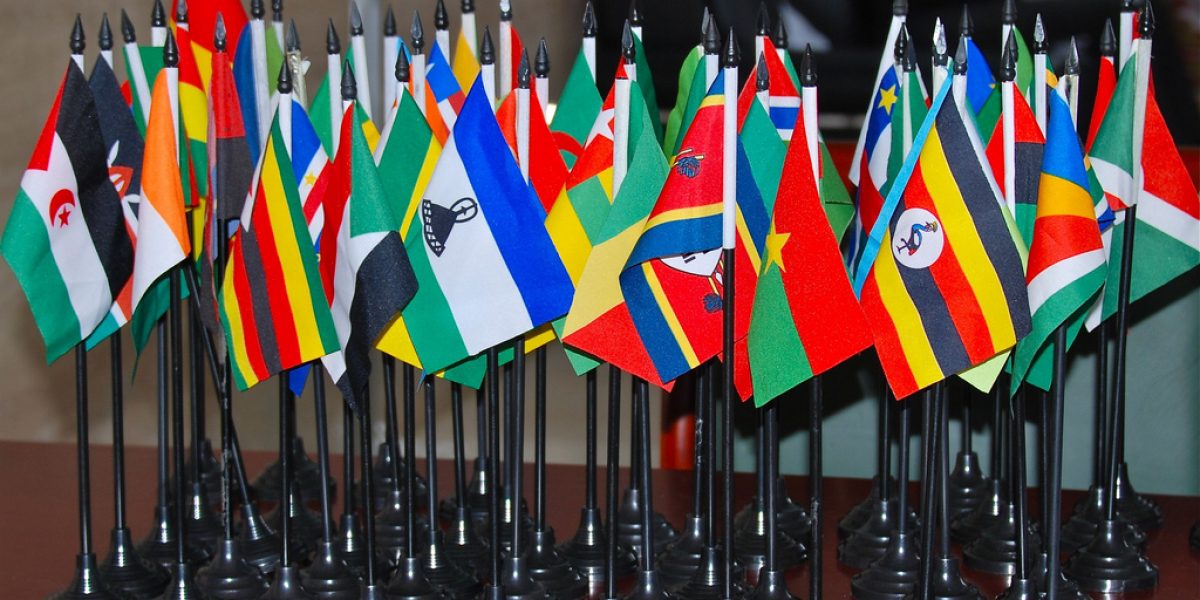It has defied the sceptics by attracting 30 member states to accede voluntarily to its rules. After a slow start, a dozen states have now completed their Country Review Reports. These paint a mostly frank and comprehensive picture of governance achievements and shortcomings. States are beginning to implement their National Programmes of Action (NPoAs). The process has carved open political space, engendered national dialogue on governance and fostered peer learning at many levels. It has highlighted common cross-cutting issues – such as land use, electoral processes and managing diversity – that affect all African countries to one degree or another. Reports have diagnosed impending crises, even if their warnings went unheeded. Heads of state, citizens and development partners have sustained their interest in this innovative process, and progress has been encouraging.
Yet the system faces significant challenges and mixed prospects. The APRM is not unique among African institutions ‘finding their way’. The process needs to be less cumbersome for wouldbe participants. Some of its procedures and rules have become archaic and must be revised. A complex, multi-stage, multi-actor process like the APRM needs significant funding to operate. There must be more thought and systematic planning around designing, implementing, reporting on and monitoring the NPoAs, as well as how they relate to national development plans, poverty reduction strategies and national budgets. Action programmes need to reflect Africa’s priorities and agendas. It is imperative for the mechanism as a whole to demonstrate clearly the value that it adds and what has changed because of it. It needs to celebrate its success stories.
Much depends on the quality of leadership to consolidate these early gains and drive the process into its next phases. A system promoting governance, accountability and transparency must be exemplary in demonstrating these values in its actions. Perceptions matter. And there is a need to share the remarkable lessons that this unique exercise has generated, if the system is to continue to grow, learn and change.
SAIIA sincerely thanks those who acted as peer reviewers for this paper.








